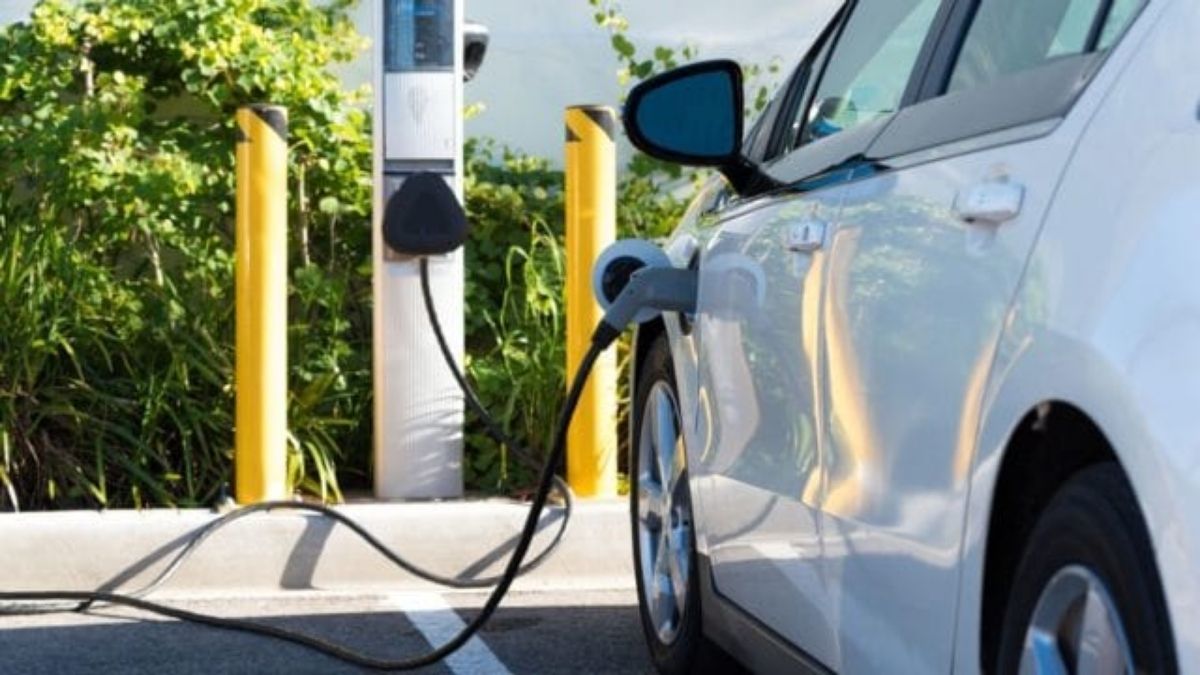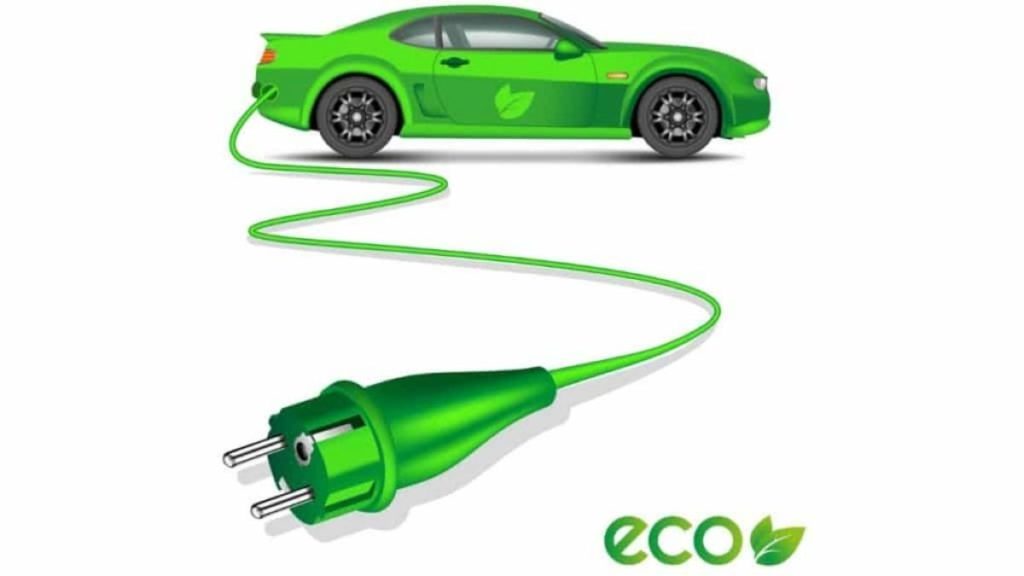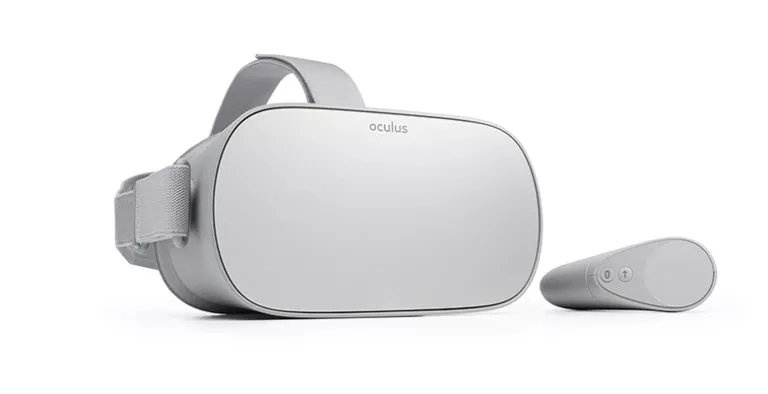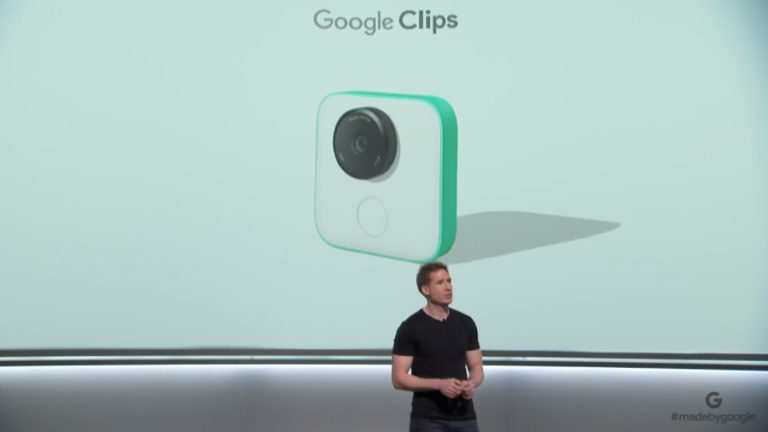Indian Scientists Develop Battery Technology To Make EVs With 1600 km Battery Range

Indian scientists are working on next-gen battery technology to make EVs super-efficient. A joint research team from IIT Bombay and Shiv Nadar University is working on new Lithium battery cells. Researchers claim that the Lithium battery they are working on will have three times more energy density than the conventional Li-ion battery. If the claims of these scientists are valid, then it can revolutionize the electric vehicle industry.
These new battery cells are based on Lithium-Sulphur (Li-S) chemistry. Not only this, but the Li-S batteries will also be cheaper than the current Li-ion batteries. Besides, the technology developed by scientists would allow the environment-friendly production of these battery cells.
As per the reports, the production of battery cells requires the by-products of petroleum along with agro-waste elements and copolymers such as cardanol and eugenol as cathodic materials. Cardanol is nothing but simply the by-product of cashew nut processing, whereas eugenol is the clove oil.
So basically this technology uses bio-molecules in the form of cathodes for Li-S battery cells. Though this might be a new concept, it promises some great results. If your energy density has increased by three times then it simply means more range for your electric cars.
Indian Scientists Battery Technology More Electric Range Than Li-Ion Battery

Bimlesh Lochab, Associate Professor at Shiv Nadar University told PTI, “The capability of three times more energy density, coupled with being a significantly safer technology, holds the promise of accelerating the adoption of clean, battery-led energy across multiple domains.”
Professor Lochab explained by giving an example of a car. He said a car with a 400 km range can travel 1600 km on a single charge with this battery technology. This means one will be able to travel from Delhi to Mumbai on a single charge.
None of the electric vehicles in the industry offer a range of around 1600 km. Even Tesla, which currently holds the title for producing the longest-range electric car, offers 402 miles (646 km).
In a world where all countries are bent on improving battery technology, it seems that Indian scientists are already on their way to leading the industry.
Furthermore, the use of these battery cells is not limited to EVs only but it will also benefit electronic gadgets such as smartphones, tablets, and laptops as well.
Anyway, do share your views in the comments section below about this new battery technology.






